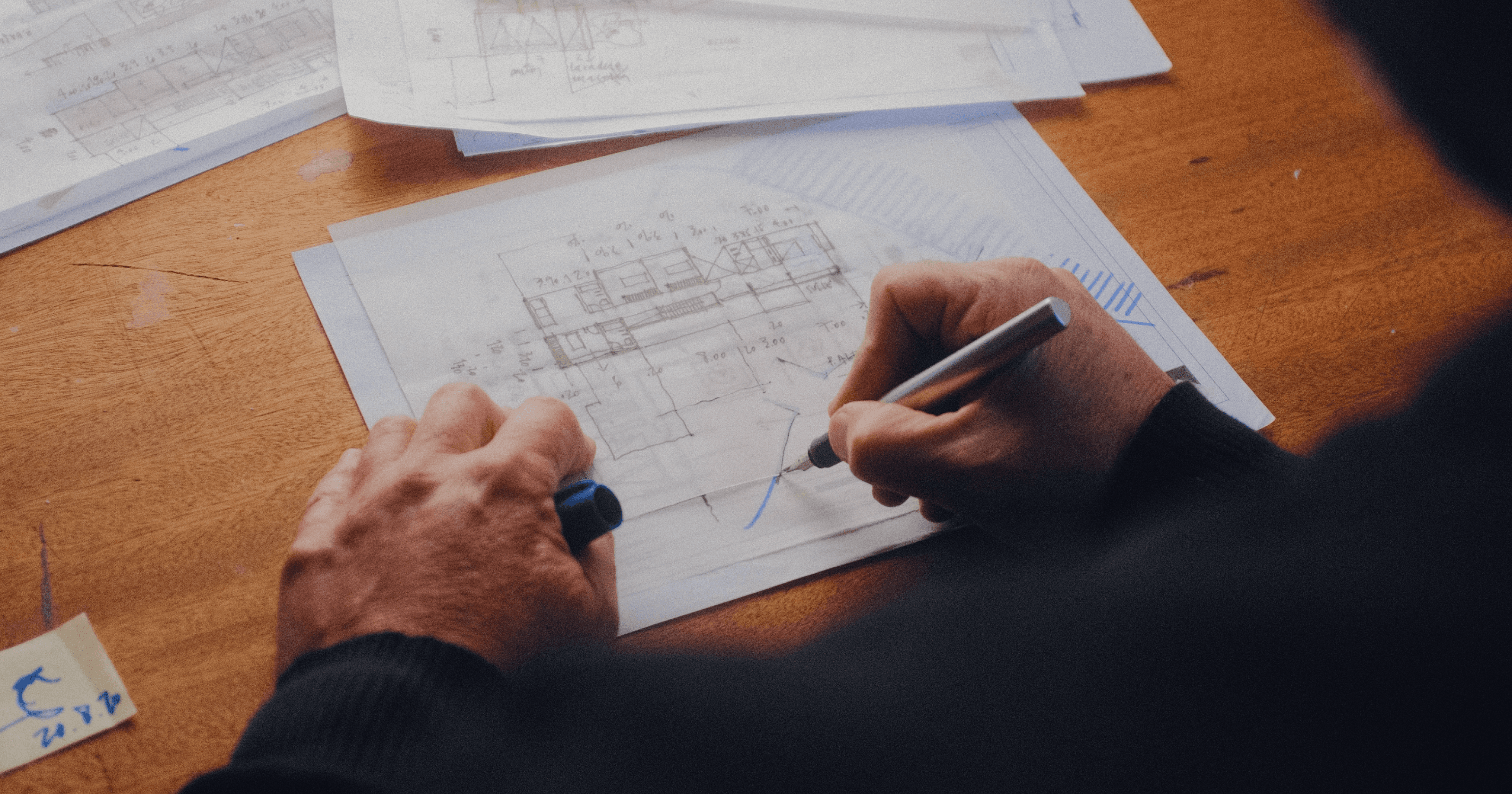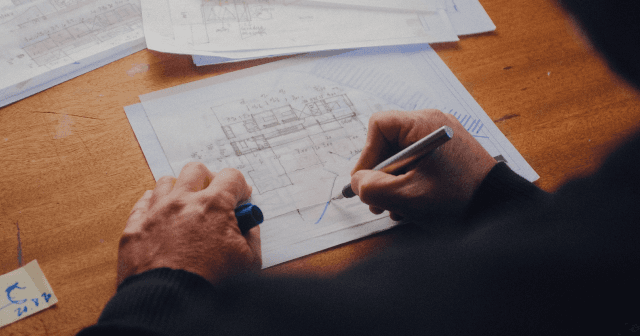

What Is Industrial Design?
What Is Industrial Design?
Industrial design is a multidisciplinary field that focuses on the creation and development of aesthetically pleasing, functional, and user-centered products. It combines art, engineering, and business principles to create innovative solutions that enhance the user experience and meet market demands. In this article, we will delve into the world of industrial design, exploring its key principles, processes, and the impact it has on various industries.
Industrial design is a multidisciplinary field that focuses on the creation and development of aesthetically pleasing, functional, and user-centered products. It combines art, engineering, and business principles to create innovative solutions that enhance the user experience and meet market demands. In this article, we will delve into the world of industrial design, exploring its key principles, processes, and the impact it has on various industries.
Understanding Industrial Design: Industrial design is the process of designing and developing products that are visually appealing, ergonomic, and practical. It encompasses the integration of form, function, and user experience to create products that are not only visually pleasing but also intuitive and efficient in their use. Industrial designers work closely with engineers, marketers, and manufacturers to ensure that the products they develop are not only aesthetically pleasing but also feasible and marketable.
Understanding Industrial Design: Industrial design is the process of designing and developing products that are visually appealing, ergonomic, and practical. It encompasses the integration of form, function, and user experience to create products that are not only visually pleasing but also intuitive and efficient in their use. Industrial designers work closely with engineers, marketers, and manufacturers to ensure that the products they develop are not only aesthetically pleasing but also feasible and marketable.
Key Principles of Industrial Design: 1. Aesthetics: Industrial design places a strong emphasis on aesthetics, ensuring that products are visually appealing and engaging. Designers consider factors such as color, shape, texture, and materials to create products that evoke emotions and resonate with users. Aesthetics play a crucial role in attracting consumers and differentiating products in the market.
Key Principles of Industrial Design: 1. Aesthetics: Industrial design places a strong emphasis on aesthetics, ensuring that products are visually appealing and engaging. Designers consider factors such as color, shape, texture, and materials to create products that evoke emotions and resonate with users. Aesthetics play a crucial role in attracting consumers and differentiating products in the market.
2. Functionality and Usability: Industrial designers prioritize the functionality and usability of products. They aim to create intuitive and user-friendly designs that enhance the overall experience. Ergonomics, ease of use, and accessibility are key considerations in industrial design, ensuring that products are comfortable, efficient, and accessible to a wide range of users.
2. Functionality and Usability: Industrial designers prioritize the functionality and usability of products. They aim to create intuitive and user-friendly designs that enhance the overall experience. Ergonomics, ease of use, and accessibility are key considerations in industrial design, ensuring that products are comfortable, efficient, and accessible to a wide range of users.
3. Innovation and Creativity: Industrial design thrives on innovation and creativity. Designers are encouraged to think outside the box, pushing boundaries and exploring new possibilities. They strive to create unique and groundbreaking designs that solve problems, meet user needs, and offer novel solutions in the market.
3. Innovation and Creativity: Industrial design thrives on innovation and creativity. Designers are encouraged to think outside the box, pushing boundaries and exploring new possibilities. They strive to create unique and groundbreaking designs that solve problems, meet user needs, and offer novel solutions in the market.
4. Sustainability: Sustainability is an increasingly important aspect of industrial design. Designers consider the environmental impact of their products throughout their lifecycle, from material selection to manufacturing processes and end-of-life disposal. They aim to create products that are environmentally friendly, energy-efficient, and promote a circular economy.
4. Sustainability: Sustainability is an increasingly important aspect of industrial design. Designers consider the environmental impact of their products throughout their lifecycle, from material selection to manufacturing processes and end-of-life disposal. They aim to create products that are environmentally friendly, energy-efficient, and promote a circular economy.
Industrial Design Process: The industrial design process typically involves several stages, including research, ideation, concept development, prototyping, and production. Designers conduct market research, user analysis, and competitor analysis to gain insights into user needs and market trends. They then generate ideas, develop concepts, and create prototypes to test and refine their designs. Once the design is finalized, they collaborate with engineers and manufacturers to ensure the product's feasibility and successful production.
Industrial Design Process: The industrial design process typically involves several stages, including research, ideation, concept development, prototyping, and production. Designers conduct market research, user analysis, and competitor analysis to gain insights into user needs and market trends. They then generate ideas, develop concepts, and create prototypes to test and refine their designs. Once the design is finalized, they collaborate with engineers and manufacturers to ensure the product's feasibility and successful production.
Industrial design is a dynamic field that combines art, engineering, and business principles to create visually appealing, functional, and user-centered products. It emphasizes aesthetics, functionality, innovation, and sustainability. UDTECH specializes in industrial design and has successfully executed projects from scratch. To witness the practical applications of industrial design, visit https://udtech.co/cases , where you can explore projects that showcase the transformative power of a systematic approach in achieving innovative and successful products.
Industrial design is a dynamic field that combines art, engineering, and business principles to create visually appealing, functional, and user-centered products. It emphasizes aesthetics, functionality, innovation, and sustainability. UDTECH specializes in industrial design and has successfully executed projects from scratch. To witness the practical applications of industrial design, visit https://udtech.co/cases , where you can explore projects that showcase the transformative power of a systematic approach in achieving innovative and successful products.